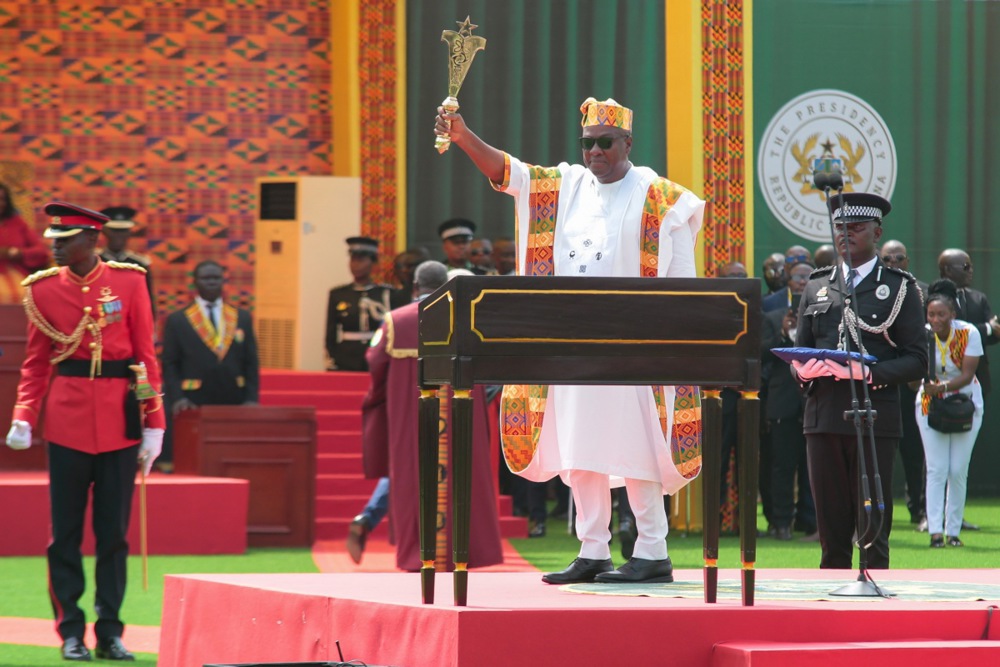On January 7, 2024, President John Dramani Mahama was sworn into office – days ahead of the sixth anniversary of the killing of journalist Ahmed Suale. In May 2023, Mahama pledged that if elected, he would ensure justice for Ahmed Suale, who was killed on January 16, 2019, in Accra.
IPI calls on President Mahama to now make good on that commitment.
“IPI calls on President Mahama to honor his pledge and ensure justice for Ahmed Suale, whose killing remains unresolved six years later,” said IPI Advocacy Director Amy Brouillette. “The ongoing impunity in Suale’s killing has tarnished Ghana’s human rights reputation. President Mahama now has an opportunity to open a new chapter for press freedom in Ghana. The new administration must prioritize journalist safety and ensure accountability for all attacks against the press.”
Despite claims of active ongoing investigations, and a commitment by former President Nana Akufo-Addo to find Suale’s killers, there has been no reported progress under the previous administration. The killing of Suale remains unresolved and justice has not yet been served. High-ranking public figures and leaders, including former President Akuffo Addo, have cast doubt on the link between Suale’s killing and his investigative work.
In May 2024, on the sidelines of the Africa Media Convention in Ghana, IPI met with Minister of Information Fatimatu Abubakar, who also expressed an intention to ensure that media freedom is guaranteed and that all cases of attacks against journalists are satisfactorily resolved.
Part of football corruption investigation
Suale’s killing occurred in Madina, a suburb of Accra, where he was shot at close range by unknown individuals riding a motorbike. This followed the release of an investigative documentary titled ‘’Number 12’’, which exposed massive corruption in the football industry in Ghana and on the African continent in 2018. Suale was involved in the documentary production as a part of the Tiger Eye PI team, led by renowned investigative journalist Anas Aremeyaw Anas. The broadcasting of this documentary led to the dismissal of top football leaders.
Following his murder, the police arrested at least six suspected individuals. However, they were all later released due to lack of evidence.
Recent series of attacks on press freedom
Suale’s case is just one of several cases of attacks against journalists that IPI has documented in recent years in Ghana. Most recently, Yahaya Masahudu, a journalist working with the Ghana Fact-Checking Coalition’s Media Situation Room, was assaulted and had his phone stolen by youths as he was recording a scene of looting of public institutions. Local press defence groups condemned the attack and called on the police to investigate the incident and hold the suspects accountable for their actions. The police are yet to make public any report of investigation on this incident.
Before the elections, military officers in Akim Oda, eastern Ghana, assaulted journalist Nicholas Morkah of Akyemansa FM and drove him to their barracks, where they forcefully reset his phone, clearing all stored information. He was charged with offensive conduct and later released on bail for filming officers’ assault on a young civilian.
IPI reiterates its call on all relevant stakeholders in Ghana, including public officials, to uphold and respect media freedom, which empowers journalists to seek, receive, and impart information in the public interest. This must include ensuring accountability for attacks on journalists.
